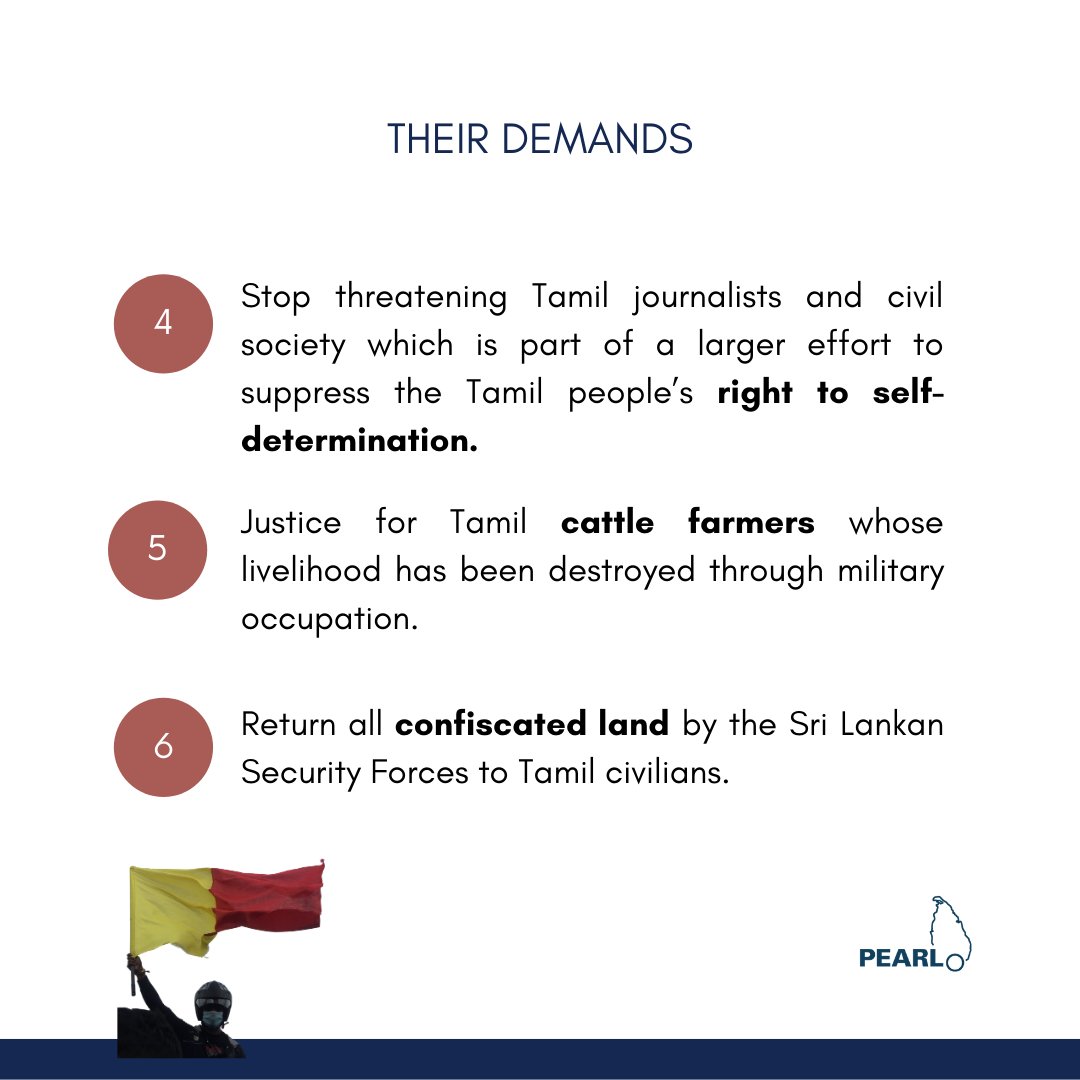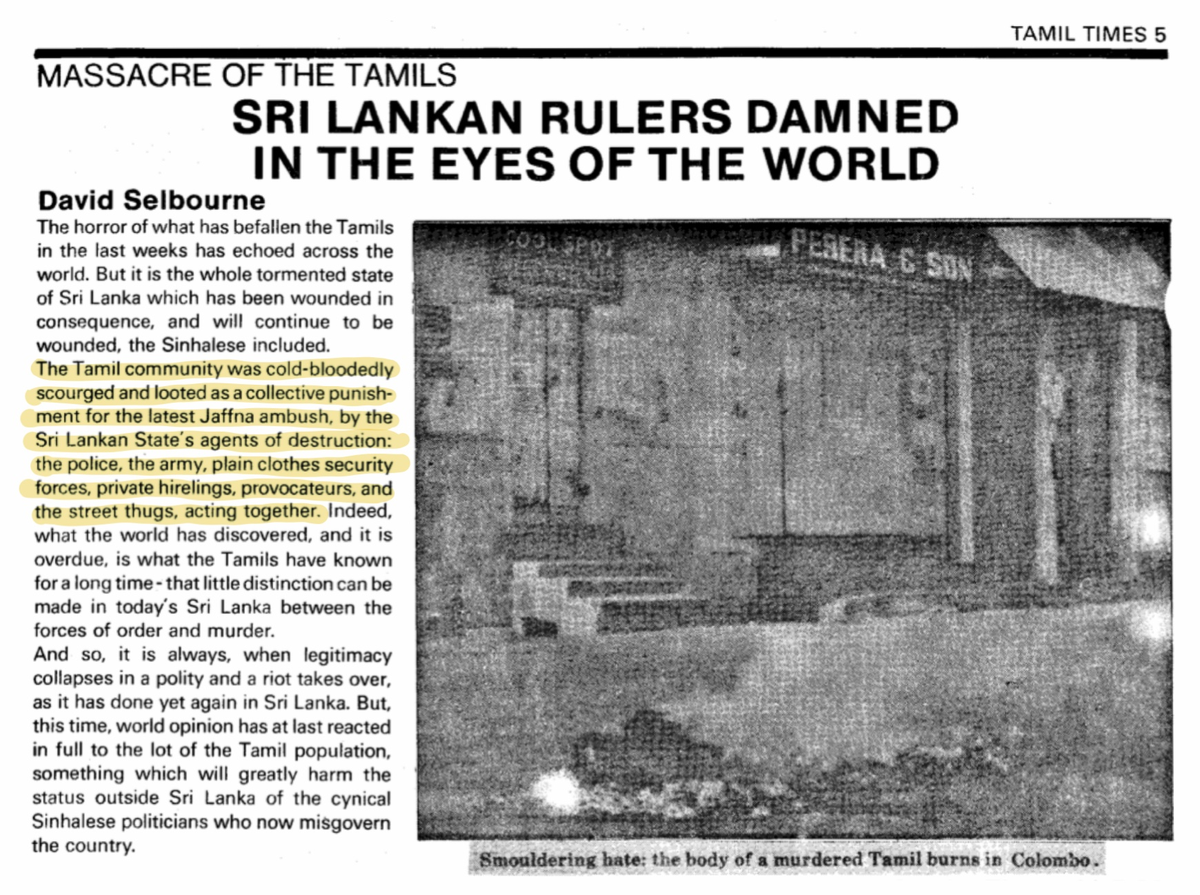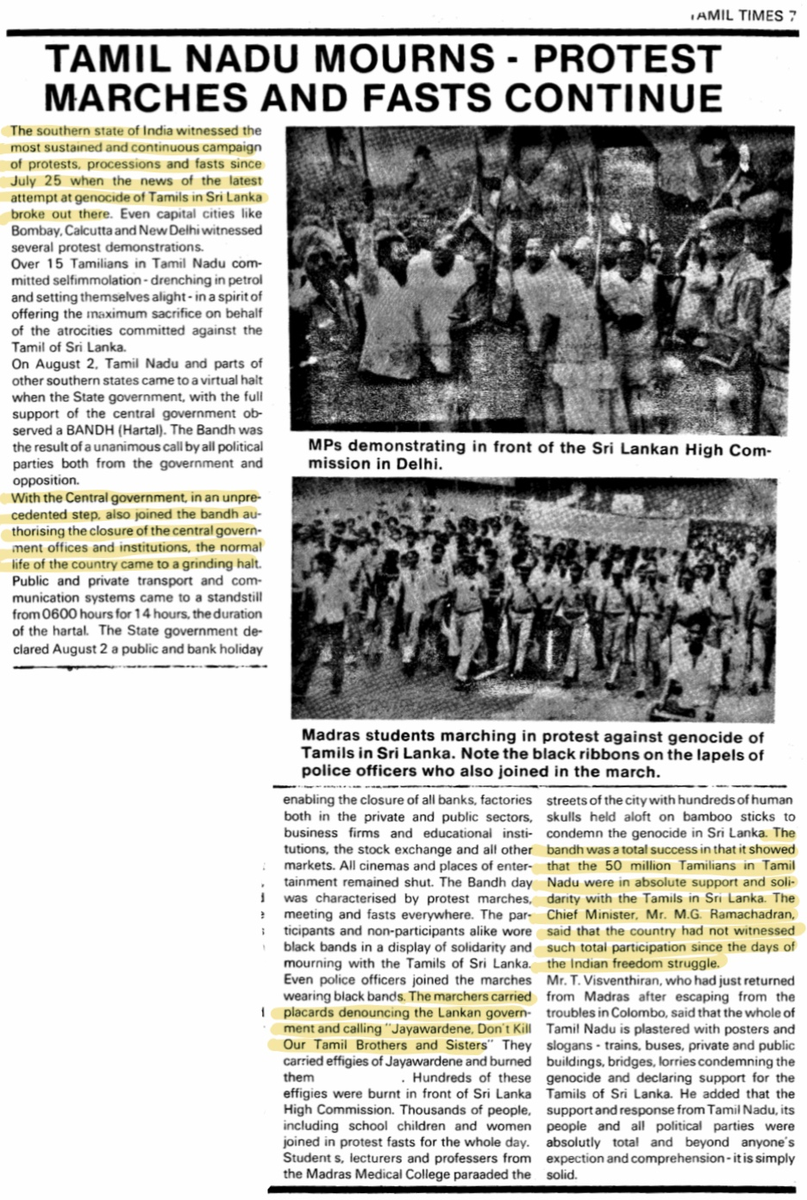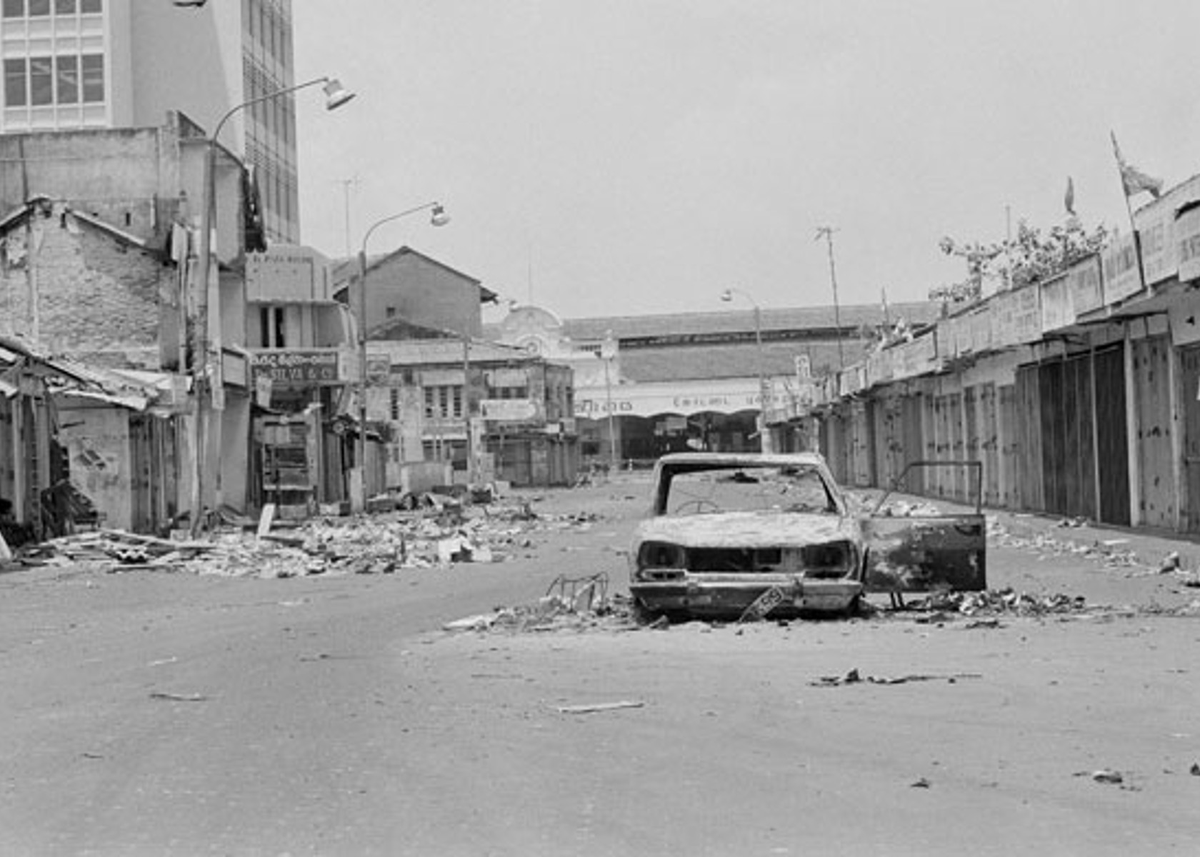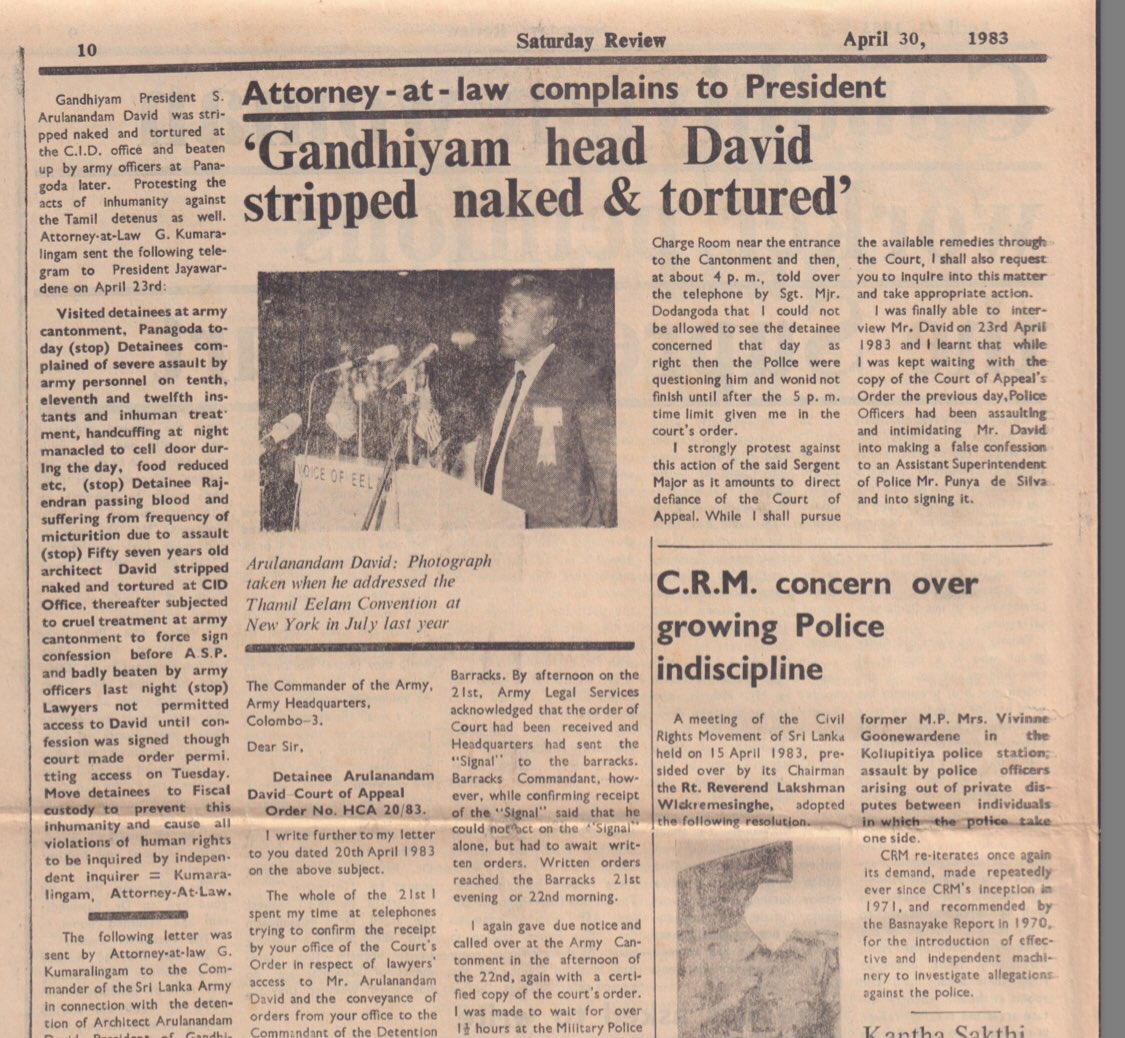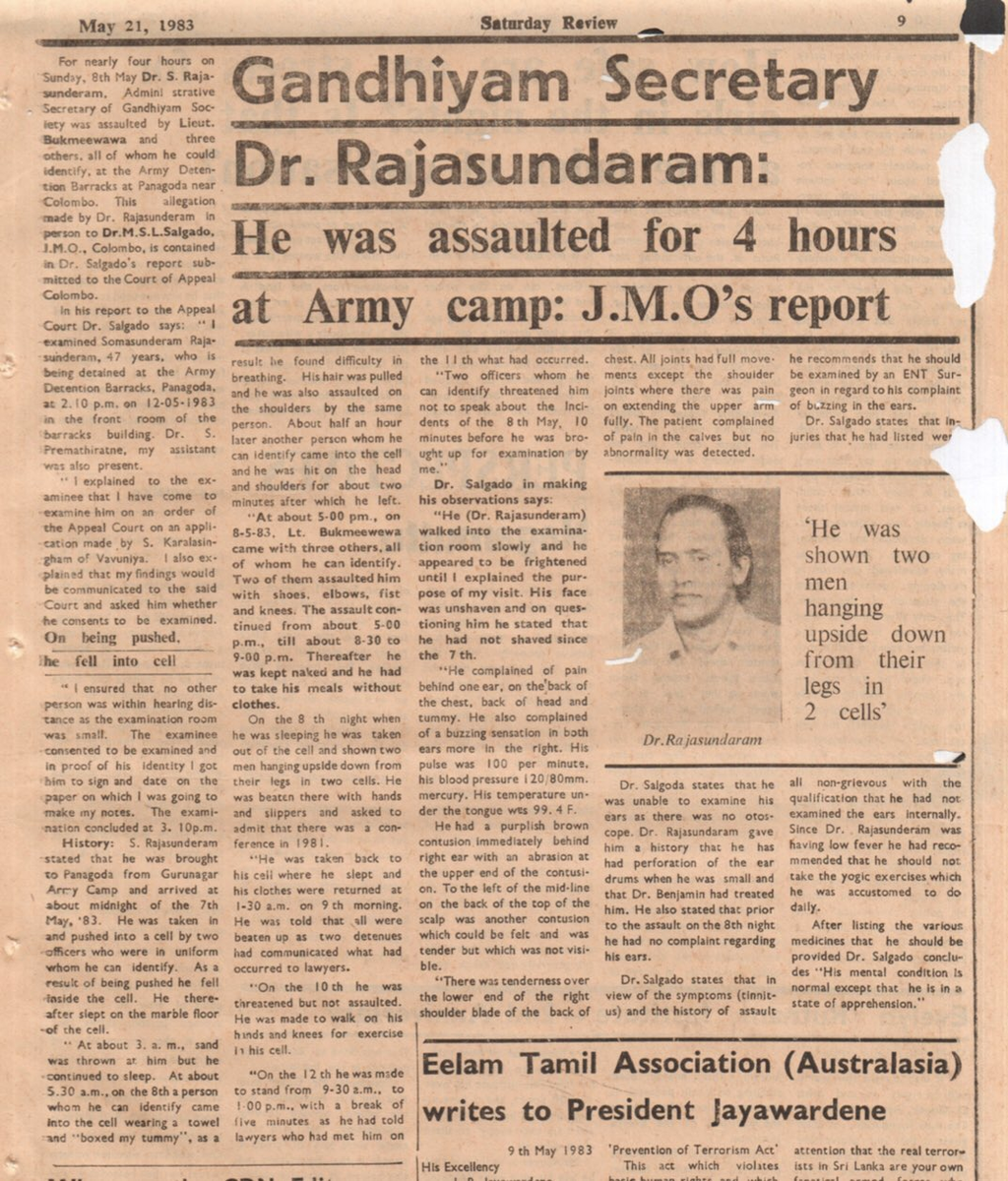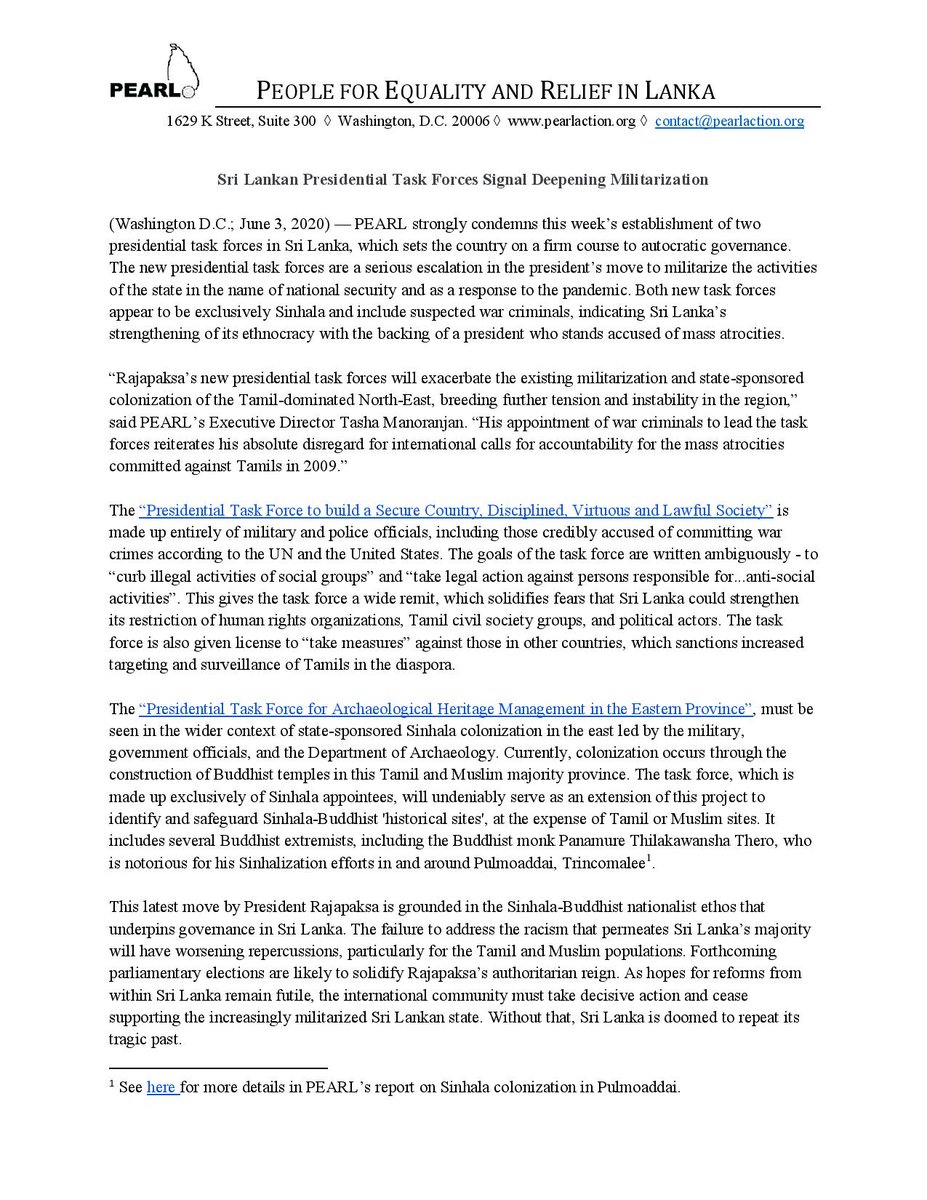
#STATEMENT: PEARL joins the UNHRC and the US ambassador for Sri Lanka in the strong condemnation of the presidential pardoning of a convicted murderer, Duminda Silva, and calls for the release of all those who have been detained under the Prevention of Terrorism Act (PTA). 

This highlights the importance of suspending the EU’s GSP+ trade preferences if human rights obligations continue to be abrogated, as outlined by Res. 2021/2748 adopted by the European Union on Thursday 10th of June 2021, regarding the deteriorating rights situation in #SriLanka.
Silva’s pardoning in particular points to a broader trend of ongoing impunity amongst high-ranking military officials, including the current president, who are credibly accused of committing mass atrocities.
The breakdown in reform progress and #SriLanka’s withdrawal from UNHRC resolution 30/1 is emblematic of the reluctance of successive governments to tackle Sinhala Buddhist nationalism that has repeatedly hampered initiatives towards structural reform.
Today’s government, led by Gotabaya Rajapaksa, has since escalated arbitrary arrests of members of the Tamil community under the draconian PTA, including elected officials, journalists, and human rights defenders.
The worsening human rights situation this year was highlighted by the UN High Commissioner for Human Rights, who issued a stark warning of instability and future conflict in Sri Lanka, citing “ethno-nationalistic and majoritarian rhetoric” by senior government figures.
The duplicity in #SriLanka’s engagement with the intl. community clearly demonstrates that further GSP+ trade concessions must not be granted in mere good faith. It is essential that there are intl. consequences to #SriLanka’s intransigence on justice and accountability.
• • •
Missing some Tweet in this thread? You can try to
force a refresh





